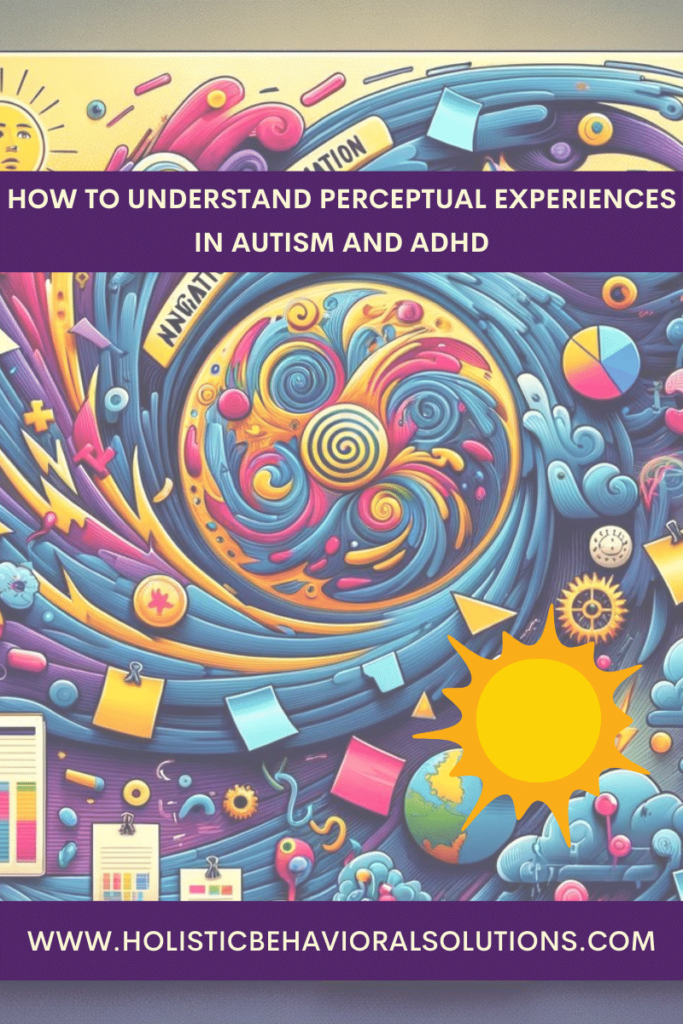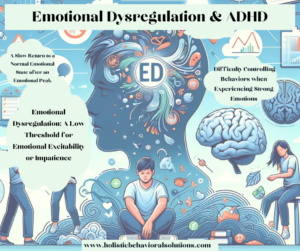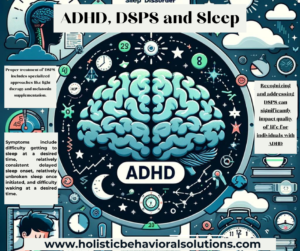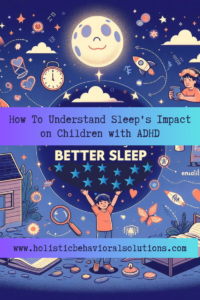
Within the field of human cognition, our ability to process and interpret the world around us varies widely, particularly across different neurotypes. Recent research delves into the perceptual capacities of individuals with autism and attentional deficits, shedding light on how these neurodivergent groups navigate their sensory environments compared to neurotypical individuals. Let us discuss the findings of a study that sought to understand day-to-day perceptual experiences among these groups, revealing the unique challenges and strengths inherent in their distinct ways of processing information.
The Study’s Insights
The study, conducted by a team of researchers, employed an online survey to gather insights from UK-based adults across four groups: individuals with autism, those with ADHD, individuals with both autism and attentional deficits, and neurotypical participants. The survey focused on participants’ experiences with attention, distraction, and their strategies for managing sensory information in their daily lives.
Intense Focus Across Neurotypes
A universal trait identified among participants was the capacity for intense focus. Individuals from all neurotypes reported periods of deep concentration, especially on tasks that engaged their interest. This finding suggests that the ability to “hyperfocus” is not exclusive to any particular neurotype but is a broader aspect of human cognition. We all have the ability to hyperfocus. Individuals on the spectrum or with attentional deficits transition to this phase more easily than their neurotypical peers.
A Barrage of Information
Neurodivergent participants described their perceptual experiences as being bombarded by a storm of information. For those individuals on the spectrum, this sensory onslaught often felt overwhelming, leading to feelings of distress and sensory overload. In contrast, individuals with attentional deficits characterized their experience as one of overload but with a different nuance, highlighting challenges in maintaining attentional priorities amidst a flood of sensory input. For individuals with attentional issues, this reflects their struggle with executive functioning.
This distinction underscores a key difference in perceptual capacity(PC) between individuals with autism, who may have an enhanced ability to process multiple streams of information simultaneously, and those with ADHD, who may struggle to filter and prioritize this information effectively.
The Ecological Validity of Increased Perceptual Capacity in Autism
The study’s findings lend ecological validity to increased sensory perception in people on the spectrum, a theory previously supported by lab-based tasks. The real-world experiences of autistic individuals, as captured in this research, confirm that they often navigate a richer, more intense sensory world, which can be both a source of exceptional perceptual skills and a challenge in terms of sensory sensitivities.
Perceptual Capacity Beyond Autism
Interestingly, the subtle differences in perceptual experiences between the neurodivergent groups suggest that increased sensory perception might extend beyond autism. The shared experiences of sensory overload and the development of coping strategies hint at underlying commonalities in how neurodivergent individuals interact with their sensory environments.
Implications for Support and Strategies
Understanding these nuanced perceptual experiences is crucial for developing supportive strategies that cater to the unique needs of individuals with autism and attentional deficits. Recognizing the strengths in their perceptual capacities can empower these individuals while also addressing the challenges can significantly improve their quality of life.
For instance, creating environments that minimize unnecessary sensory input can help individuals with autism navigate their surroundings more comfortably. Similarly, strategies that enhance attentional focus and prioritization can be beneficial for those with ADHD, enabling them to manage the influx of information more effectively.
The Importance of Involvement in Intervention Development
One of the study’s critical findings was the limited involvement of neurodivergent individuals in the development and implementation of psychoeducational interventions. Involving those with lived experiences in creating support strategies can lead to more effective and personalized interventions that truly resonate with their needs.
Toward a Shared Understanding of Perceptual Capacity
Before we can fully harness the potential of psychoeducational interventions for individuals with autism and ADHD, a shared understanding and definition of sensory perception/PC are needed. This consensus will pave the way for interventions that not only mitigate challenges but also celebrate and build upon the unique perceptual strengths of neurodivergent individuals.
The Research Conclusion
The study on sensory perception/ PC in autism and ADHD opens up new avenues for understanding and supporting neurodivergent individuals. By embracing a strength-based perspective, we can move beyond a focus on deficits, recognizing the rich and varied ways in which people perceive and interact with the world around them. This approach not only fosters a more inclusive view of neurodiversity but also highlights the importance of tailored strategies that leverage individual strengths for a more fulfilling and engaging life experience.
The Holistic Store
While we are thinking that through, boost your connection from the inside out with our wellness supplements and supplies, check out our store for products that help you feel your best, making it easier to open up and connect on a deeper level.


